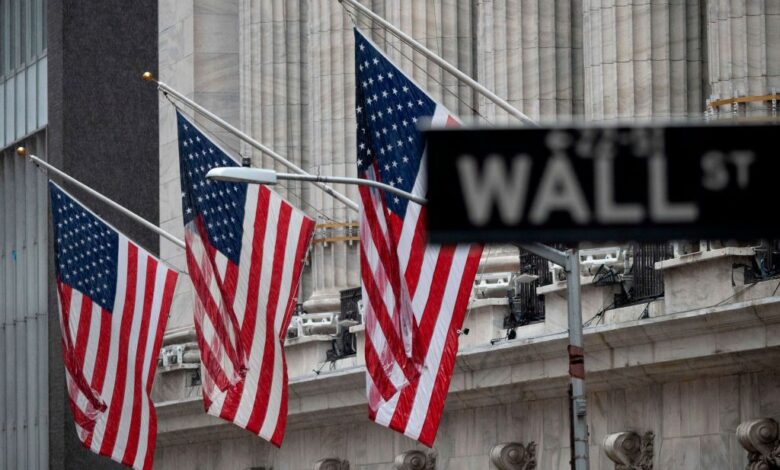As tax hikes endanger investment, Britain requires a “booster for growth.”

According to the Confederation of British Industry’s newest projection, a “short-lived recovery” in capital spending will terminate in 2023 due to tax increases on businesses.
For decades, UK investment has trailed behind that of other advanced nations, and the business lobby group’s estimate will hurt Prime Minister Boris Johnson’s plans to develop a high-wage, high-productivity economy.
By the end of next year, business investment will have risen above pre-pandemic levels, before falling as a result of a corporation tax hike and the expiration of a tax credit on some plant and machinery investments, according to the CBI.
In April 2023, the corporate tax rate will increase from 19 percent to 25 percent. In March of this year, UK finance minister Rishi Sunak announced the increase to assist pay for the pandemic’s costs and cut government borrowing. The plant and machinery tax exemption, which was implemented earlier this year, will also expire in April 2023.
Following the Brexit referendum in 2016, investment stalled as businesses were put off by the uncertainty surrounding the UK’s future trading relationship with the European Union. Since the commencement of the Covid-19 epidemic, it has plummeted much more.
According to the CBI, capital spending by UK businesses declined by 11.6 percent between the third and fourth quarters of 2019 and 2020.
Business investment was already low by comparison to other advanced economies, according to the government. According to a factsheet provided by the UK Treasury in April, “Much of the productivity gap between the UK and its competitors is due to historically low levels of corporate investment in comparison to our counterparts. The decrease in productivity growth since 2008 has been mostly attributed to poor company investment.”
Technology, competent labour, and innovation are essential for increasing productivity and improving growth and incomes without rising prices. As inflation continues to increase, the CBI has issued a warning. In October, inflation reached a 10-year high of 4.2 percent, and the Bank of England’s chief economist warned that it may rise above 5% in early 2022.
“Speaking with companies of all sizes, I’ve learned that they have an ambitious investment mindset and are eager to put expansion plans into action. However, while intents have warmed, we’re approaching a precipice in 2023 “Tony Danker, director-general of the CBI, issued a statement.
He stated that the tax break had been successful, but that targeted measures were needed to encourage the business “the amount of money we need to invest, especially in green technologies To protect and build on our progress, we need a growth booster.”
According to forecasts from the UK government’s Office for Budget Responsibility, the UK economy will rise by 6.5 percent in 2021. However, according to the Bank of England, the economy would not restore its pre-pandemic size until the first quarter of next year.
Brexit has hampered the recovery, according to the OBR, causing more long-term damage to the economy than the flu.



